Academic integrity is a set of principles that ensure students aren’t involved in misconduct. It basically refers to policies that learners must adhere to during their educational journey. It mainly focuses on the six values: honesty, fairness, respect, courage, trust, and responsibility. Compromising any of these moral codes leads to harming scholarly integrity.
Students and researchers may face dire consequences if they violate educational regulations. That’s why maintaining academic integrity is essential. While different ethical practices help learners abide by academic rules, many educational tools also support them in this regard.
In this article, we are going to introduce you to some of the efficient tools that will support you in upholding the standards of academic honesty. Every tool is worth exploring, so make sure you uncover them all. Ready to get started? Let’s dive in.
Check-Plagiarism.com
Check-Plagiarism.com is an essential tool for students that saves them from one of the most serious academic misconducts: plagiarism. It allows you to maintain originality in your assignments, which indicates that you are intellectually honest.
The best thing is that it doesn’t charge any cost to learners to check their work for plagiarism. So, you can use this plagiarism checker free to ensure that your essay, thesis, or any kind of academic writing task meets the educational standards.
It compares your assignment with a vast database of articles, books, journals, research papers, and other academic resources. After that, it accurately pinpoints every single plagiarized sentence, whether it occurred intentionally or unintentionally. So, by using this cutting-edge plagiarism detector, you can make sure that all your submissions are original.
This not only allows you to maintain academic integrity but also saves you from legal penalties by teachers or institutions.
Mendeley
Mendeley is a useful educational tool famous for helping students organize their research work. In other words, it is a powerful reference management tool that assists learners in pursuing their higher education and using information fairly.
You can store your research material in PDFs in this tool and highlight, tag, or annotate important sections within the document. One of Mendeley’s standout features is generating automatic citations in nearly all styles used in academics, such as APA and MLA.
So, by keeping track of your research and citing all sources as per assignment guidelines, you can show fairness in your work. Including all the necessary citations using this tool shows your respect for the original authors.
When instructors see that you acknowledge others’ contributions, it creates a good impression, which increases your credibility in the eyes of your teacher.
Google Scholar
Google Scholar is a comprehensive, freely accessible source of research. It allows students to find authentic facts, figures, research findings, and other types of academic data from trusted sources.
No matter what subject you are specializing in, this tool can cater to the needs of every student studying in any field. Using it, learners can explore helpful articles, books, theses, court opinions, and case studies from various disciplines.
With an extensive database of reliable research resources, it helps researchers enrich their assignments with high-quality content. Providing updated and true information prevents students from including false details in their work, which may harm academic integrity.
It supports the ethical creation of academic content by aiding in performing in-depth research on a topic. The habit of creating well-researched work helps researchers develop essential ethics such as fairness and courage.
Language Tool
Academic integrity doesn’t just focus on the accuracy of the information. Instead, it also demands students to create linguistically accurate work. Lingual inaccuracies undermine fairness in academic writing and hint at the carelessness of learners.
Language Tool is a great source of precision in writing. It supports you in ensuring that your assignments are free from grammatical errors and adhere to academic standards. It dives deeper into content and catches all the unintentional mistakes, from basic to advanced.
Passing the assignment through this tool helps you make sure that not a minor mistake confuses the teacher in understanding the meanings properly. It allows you to fine-tune your writing tasks and avoid miscommunication, which might lead to misunderstandings.
Fortunately, this tool is also free and incredibly easy to use, allowing every student to check the lingual accuracy of their content. Also, it can directly be integrated into a word processing tool, which further streamlines the detections.
FactCheck.org
The name itself indicates what FactCheck.org helps with. It is a great platform for students to verify the authenticity of external statements they want to include in their work. It is especially beneficial for researchers pursuing their higher studies in political science, journalism, history, media, and public policy.
It can play a significant role in helping learners to uphold the standards of academic integrity. For those who are required to produce fact-checked work, it could act as a companion in ensuring whether a fact is true or fake. It covers a large variety of topics, providing an extensive database to explore for creating authentic content.
Verifying the authenticity of different details using this tool can enable you to confirm that the sources you are going to borrow data from are credible. By including verified information in your assignments, you can maintain scholarly honesty, fairness, and trust.
Wrapping Up
Maintaining academic integrity is the responsibility of every student that requires a commitment to ethical practices and the right tools. From plagiarism checkers and citation generators to language assistants and fact-checkers, these tools greatly contribute to encouraging learners to uphold scholarly honesty.
Using these online resources ensures that your work is original, clear, properly cited, accurate, and authentic. We hope that you will not hesitate to capitalize on these tools at any stage of your educational journey.







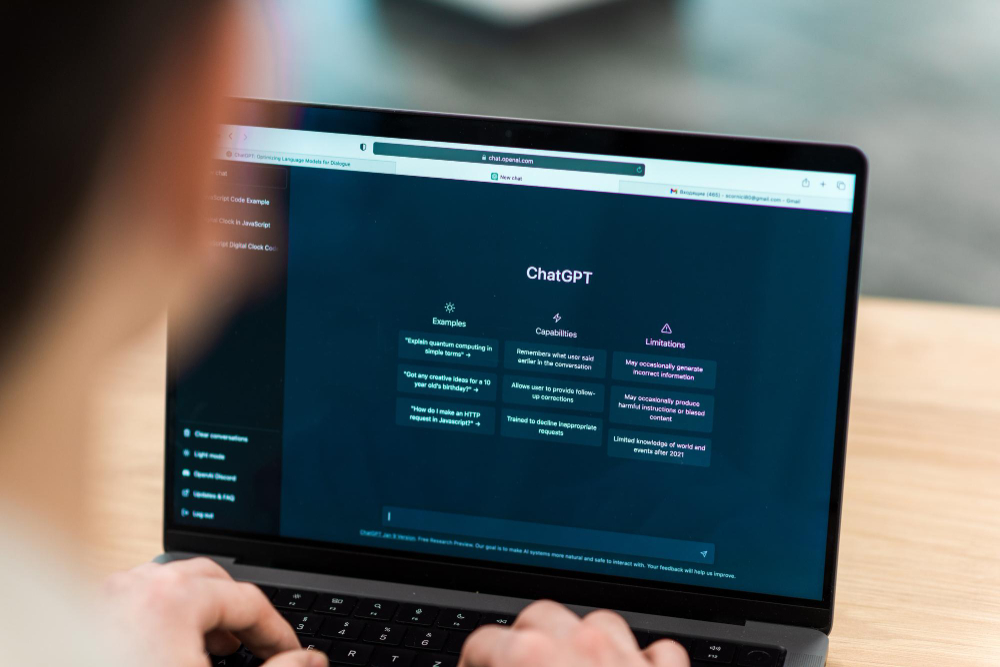









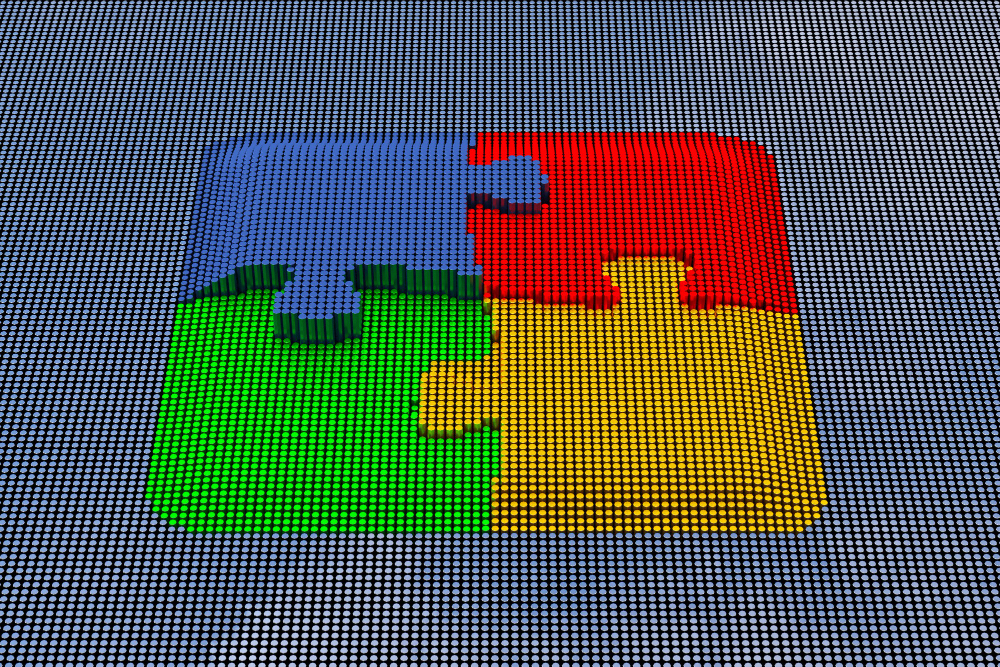








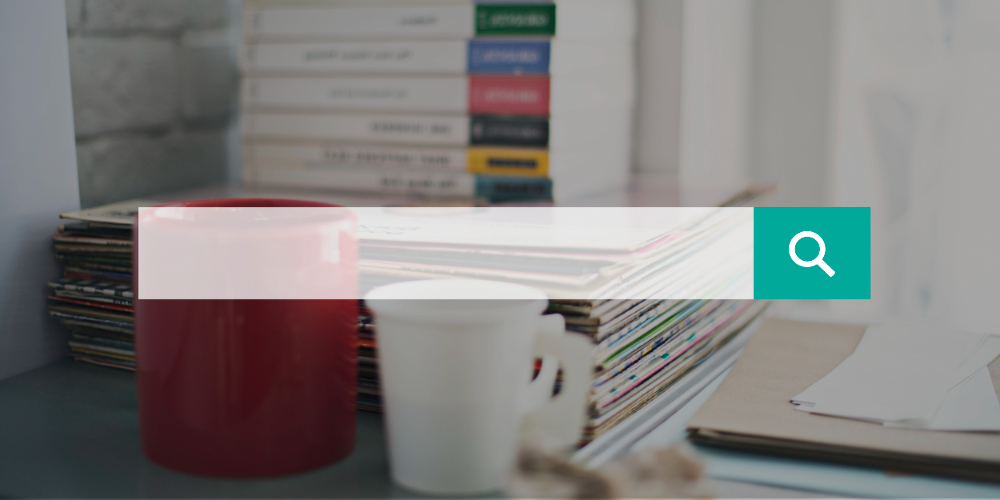
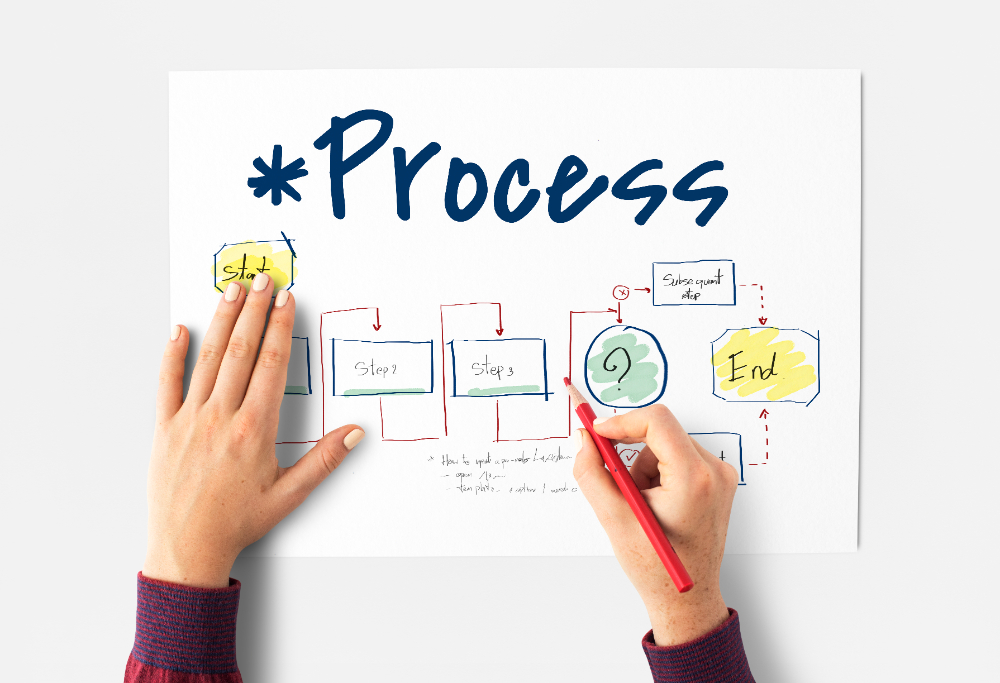



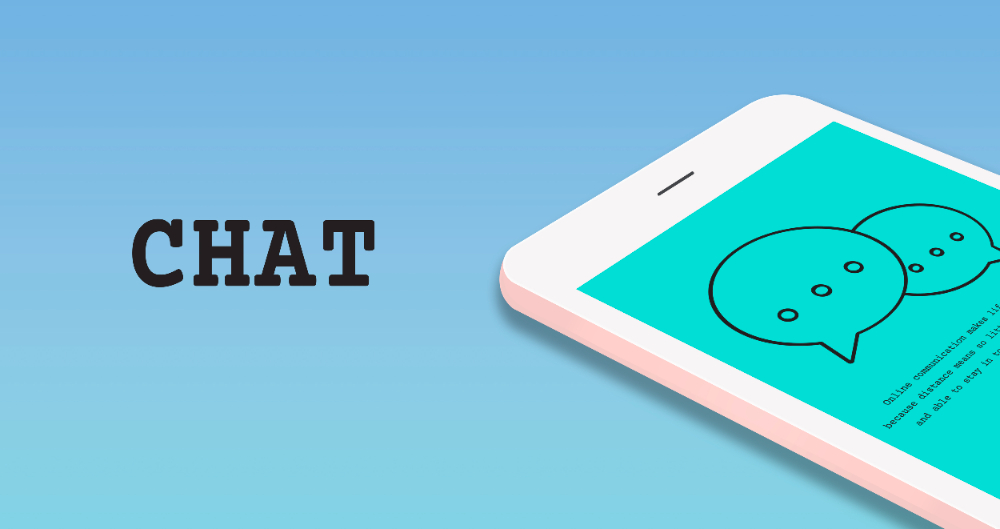

Comments are closed.